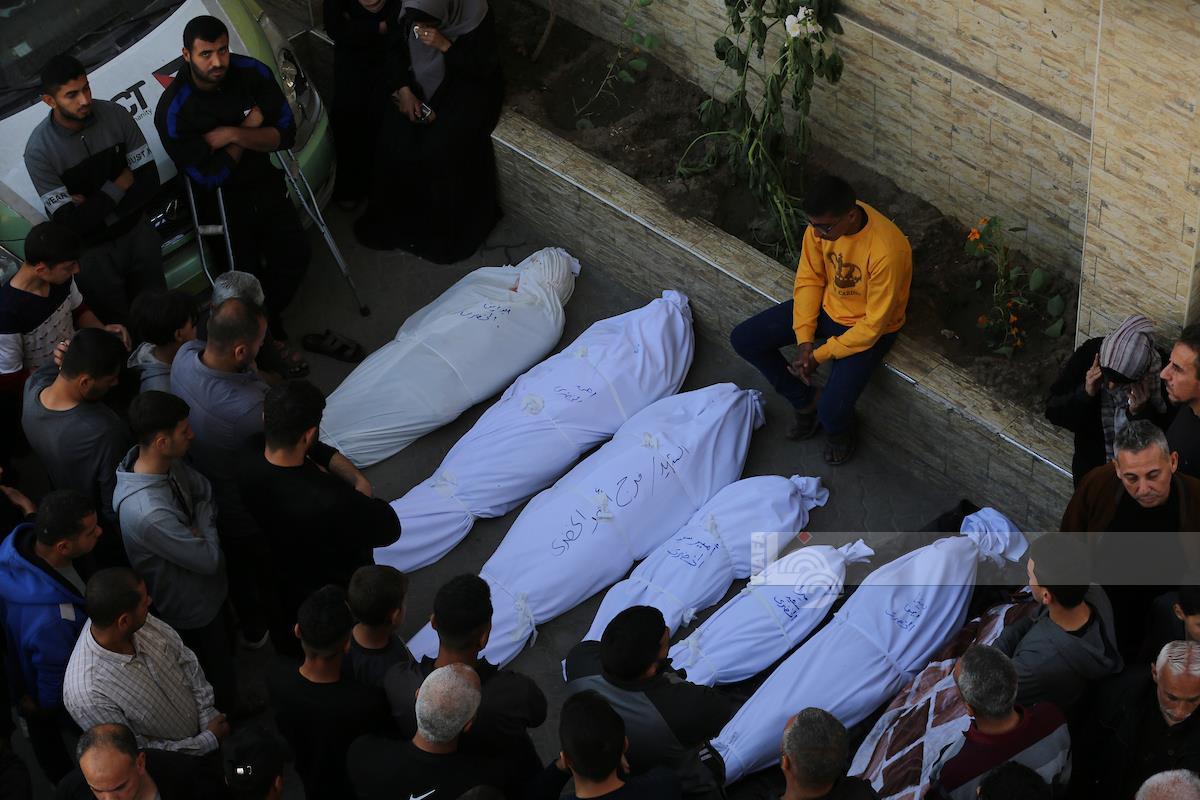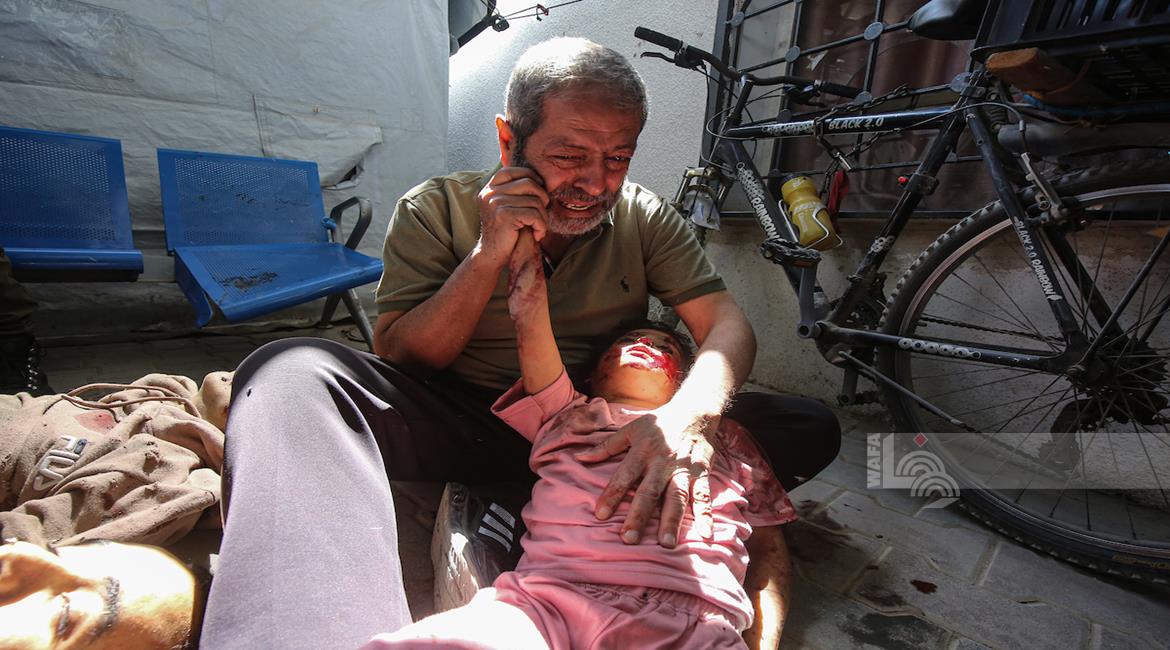RAMALLAH, Sunday, March 29, 2020 (WAFA) – Prime Minister Mohammad Shtayyeh announced today that the government will be applying an austere emergency public budget, in light of the inevitably shrinking government revenues as a result of the ongoing COVID-19 crisis in Palestine and the world.
Shtayyeh announced during a press conference today that the government revenues are expected to decrease by more than 50 percent and that international aid is scheduled to decline, but said the salaries of the public servants for March will be paid 100 percent. He added that the salaries will be disbursed on several days to avoid crowding – a main cause for infection of COVID-19.
Meanwhile, the Prime Minister announced that 51 new doctors, medical specialists and general practitioners will be recruited by the government in the coming days to cover the needs of the healthcare sector at this critical stage.
On private-sector workers, Shtayyeh said the government agreed with the Palestine Workers Union to pay half of the salary of the workers -- who are currently unemployed as a result of the crisis -- for the months of March and April.
The premier renewed calls on the Palestinian workers not to work in the illegal Israeli settlements which have been an epicenter of the novel disease.
Responding to a question on the availability of test tubes and respirators in Palestine, Shtayyeh said there is a severe shortage of these equipment necessary for diagnosis and treatment of COVID-19 patients, but said a number of respirators and test tubes will soon be donated to Palestine by China.
"The world is on a battle to secure this medical equipment because the producers are few and the competition is intense," he said, but maintained that President Mahmoud Abbas has been reaching out to friendly countries to fill the gap in medical supplies and equipment at this hard time.
He also thanked Jordan for allowing a private pharmaceutical company based in Jordan to dispatch about 40,000 tablets of a drug foreseen as a good treatment for the virus. He said the drug is scheduled to first arrive in Palestine on Tuesday.
"We are working to provide everything possible. Currently we have no shortages, but that doesn‘t mean all our needs are fulfilled. We are in contact with our friends in the world: The WHO, Russia, India, Kuwait, Saudi Arabia, Qatar and all the countries that wanted to help us. "
Earlier, Shtayyeh confirmed two more cases of COVID-19 in the West Bank, which brought up the total cases to 106.
K.T/M.N










